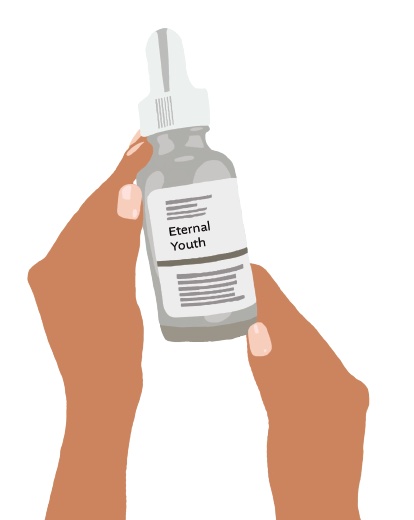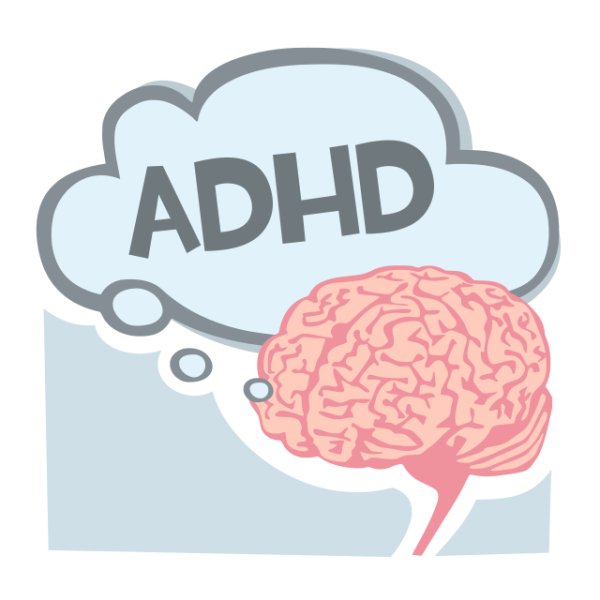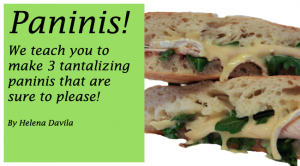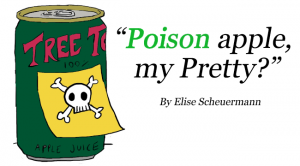Orthorexia
Everyone knows someone who is fixated on eating cage-free, refined sugar, Paleo, and low-fat foods. Their “unhealthy binges” consist of raspberries and dark chocolate. You notice their body, workout regimen, and weight loss and are in envy because you wonder how a human can be so perfect — yet their lifestyle could be far from perfect.
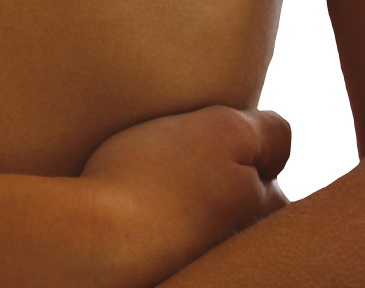
June 1, 2019
As a society, we are finally being informed of the dangers of eating disorders to the public, along with the many signs, symptoms, and treatments. In this regard, we are helping many potential victims of eating disorders.
Yet, there is this underlying problem which is not addressed by the public… and it is hidden right under us. It’s in our magazines, in our daily conversations, in our very own thoughts— the disorder of overly healthy eating. Orthorexia.
Not formally recognized in the Diagnostic and Statistical Manual, it is the obsession with eating healthy to the point where it is life-threatening.
The probable reason why no one is recognizing this illness is that it doesn’t fall into the usual “standards” of an eating disorder.
Whereas the image that comes to mind for an eating disorder is someone throwing up their food or binging late at night, we don’t seem to think about what an eating disorder actually means— in a dictionary, it defines the phrase as someone having a “disturbed eating habit.”
This would entail a bad relationship with food, just like any other relationship: bad could mean obsessive or abusive. The constant in orthorexia and the more standard eating disorders are the connection between food and control.
Many victims of the disorder claim to feel they have no real control in their lives and food is that outlet. It results in emotional turmoil if the regimen they’ve self-prescribed is broken.
The anxiety, shaming, and guilt that follows the indulgence is most concerning. It creates a negative feeling about food. To be able to choose what they are going to eat and how much every day, they are controlling one part of their lives. The thing that sets orthorexia apart is the fact that it is so hard for the regular loved one to not notice the obvious issue.
Orthorexia generally does not originate from body image issues or weight loss; these are problems that victims develop over time.
The fixation with eating pure, healthy foods is driven by the motivation to be their healthiest self.
What’s most scary is that this disorder was born out of good motives. People just want to be their best selves, yet it is when it becomes a scenario where they’d rather starve than eat an “impure” food, it goes from a health fad to a serious disorder.
What is most confusing about this disorder is that experts aren’t even sure of the true origins of the disorder. What is the obsession with being healthy? It may be a good thing but when health comes at the cost of happiness, is it worth it? The impressionable youth is at stake.
Growing up in the Gen Z generation, I know what it is like to scroll through Instagram and see all the gorgeous models. I see them advertising their sugar-free gummy bears, green salads and workout routines.
Their slim bodies and smiling faces makes it easy for people to make the connection: a good and happy life correlates to the food we put in our bodies. Because we are what we eat, right?
It’s been imprinted in our brains since the very beginning since when our parents first told us “eat your greens” or when as a child we are praised for eating healthy and not reaching for a donut.
As we grow up, it’s in our very nature that cookies are bad and broccoli is good. Sweets and junk food is treated as a specialty: like a dog yearning for a treat— we have to earn it.
There is so much emotion involved in food which shouldn’t exist. When we create a bad attitude about certain foods, it turns into having bad self-esteem.
We can’t control ourselves obsessively every meal and every snack. So in the likely event when someone with orthorexia “slips up” and eats something not deemed “healthy” in their books, they become horribly upset with themselves.
When there are emotions involved with eating habits, it can easily go downhill because of the repercussions of normal human mistakes. Everyone can eat food that isn’t the healthiest every now and then, or everyday, or every meal.
Orthorexics go into the mindset of believing that if they had carbs at lunch means that they can only have a salad with no dressing and veggies for dinner. Yet, if you want to have chocolate all three meals of the day, it doesn’t mean that you’ll drop dead and gain 100 pounds.
It’s all a figment of their mental disorder. The key is that victims of orthorexia self prescribe their regimen. It’s nothing that a doctor says is good for them, it’s what they think is good for themselves. And with no help readily available for victims, it makes the disorder a whole lot more complicated.
The world is so focused on gory disorders because, truthfully, they are more interesting. People want to hear about the sadness and pain that comes with some of these disorders. It is human nature that we are drawn to tragedies and we are so morbidly obsessed with all the details of a horrible disaster.
Just because one eating disorder is less likely to become the plot of a movie doesn’t mean it’s less important.
Orthorexia is not given the attention is needs because for most people, to be extremely healthy would be an ideal goal— likely unattainable but still a goal. People are so infatuated with all of the new diets and exercises that are being advertised that they don’t see the harm that can come with it because being health conscious is positive!
It isn’t something that we, as a society, are concerned about. It is when the positive turns to negative because for orthorexics, the strategy is quality over quantity.
They would much rather focus on the “pureness” of their food than how much of it they are consuming. Theoretically, an orthorexic could eat a buffet full of food but it would only be filled with greens.
The diet is such a restricting cage and mindset that ensures that the victim has an invisible hold over themselves and their happiness.
There is no freedom in your choices when you’re being persuaded by your mind everyday, every meal, every decision.
Being bombarded at the grocery store with labels like “gluten-free,” “refined sugar” or “low fat,” it’s easy to be brainwashed with this idea of eating foods that are pure and choosing the “better” alternative to foods.
Every item in the store has a big nutritional label— it’s so easy to see what you’re about to eat and analyze it.
I find myself looking at the pros and cons of items I eat on a daily basis. “Well, it has 15 grams of sugar but also 9 grams of protein.”
I have a daily battle with my brain and insecurities racking my thoughts telling me I’m not eating well enough. That my vegan diet isn’t enough.
That there is more I could do. Is it worth it to eat that bowl of cereal or should I just go for an apple with almond butter for breakfast?
The thoughts that consume me every day can be overwhelming. It is a perfect example that having too much of something can still be detrimental. The transformation posts to the healthy lifestyle blogs are destructive yet effective for people wanting to change their lifestyles for the better.
As technology progresses, many problems vanish but with that comes the new issues this generation is having to face. Until we find a way to cope with the rising dilemma of being a teenager in this modern world, there will be more and more problems coming our way.





